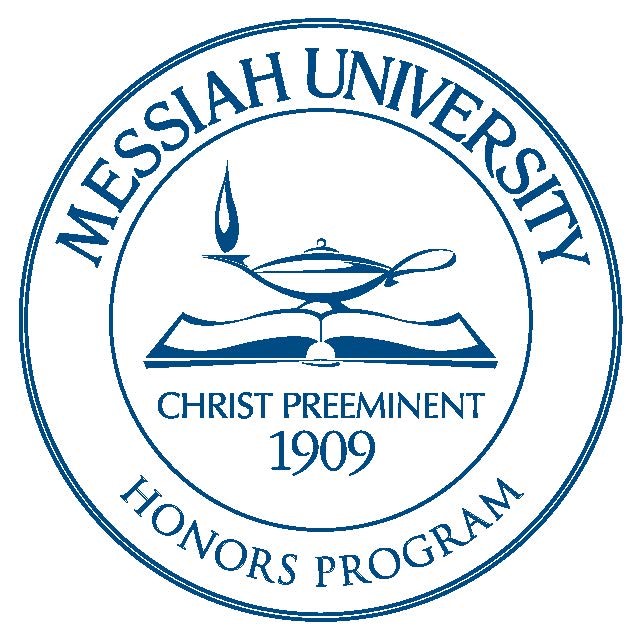Date of Award
2016
Document Type
Thesis
Degree Name
Bachelor of Science (BS)
Department
Biological Sciences
First Advisor
Dr. Lawrence Mylin
Abstract
Immune tolerance of dominant tumor-associated antigens presents a particular challenge in developing T cell vaccine-based cancer treatments. T cells specific for weaker T ag epitopes have been shown to escape immune tolerance underscoring their potential in targeted cancer therapies. Because of its ability to induce tumor formation and serve as the target for T cell specific responses, the viral oncoprotein Simian virus 40 large tumor antigen (SV40 T ag) is an ideal model system to study tumor immunity. The SV40 T ag induces a cellular immune response in H-2b (C57Bl/6) mice which is directed against multiple CD8+ and CD4+ epitopes and exhibits a characteristic hierarchy in vivo. Detection of additional weak SV40 T ag epitopes has been confounded by the unknown residual adjuvant effects of fetal bovine serum (FBS) present in media used to culture cells used for immunization. To this end, the immunogenicity of SV40 T ag transformed cells grown in HL-1 serum free or 5% serum media was evaluated by ELISPOT analysis and MHC-tetramer staining. The results of this study suggest that SV40 T-ag expressing tumorigenic cells grown in the absence of FBS induce a robust CD4+ and CD8+ T cell immune response independent of the potential adjuvant effects of FBS. To search for additional epitopes, ELISPOT analysis was conducted using 175 members of a 15mer peptide library corresponding to the complete SV40 T ag amino acid sequence as targets for proinflammatory immune responses. This analysis identified two new candidates corresponding to library peptides beginning at SV40 T ag amino acids 361 and 493. Additional ELISPOT analysis using a synthetic peptide corresponding to SV40 T ag amino acids 361-375 failed to confirm that this region represents a bona fide epitope. MALDI-TOF mass spectrometry analysis will be used to determine whether derivatives of library peptide 295 may have contaminated well(s) supposed to be peptides corresponding to the 361 region of the SV40 T ag.
Recommended Citation
Egolf, Shaun and Mylin, Lawrence, "A search for new T cell epitopes within and evaluation of the immunogenicity of SV40 T-ag transformed cells grown without fetal bovine serum" (2016). Honors Projects and Presentations: Undergraduate. 56.
https://mosaic.messiah.edu/honors/56


